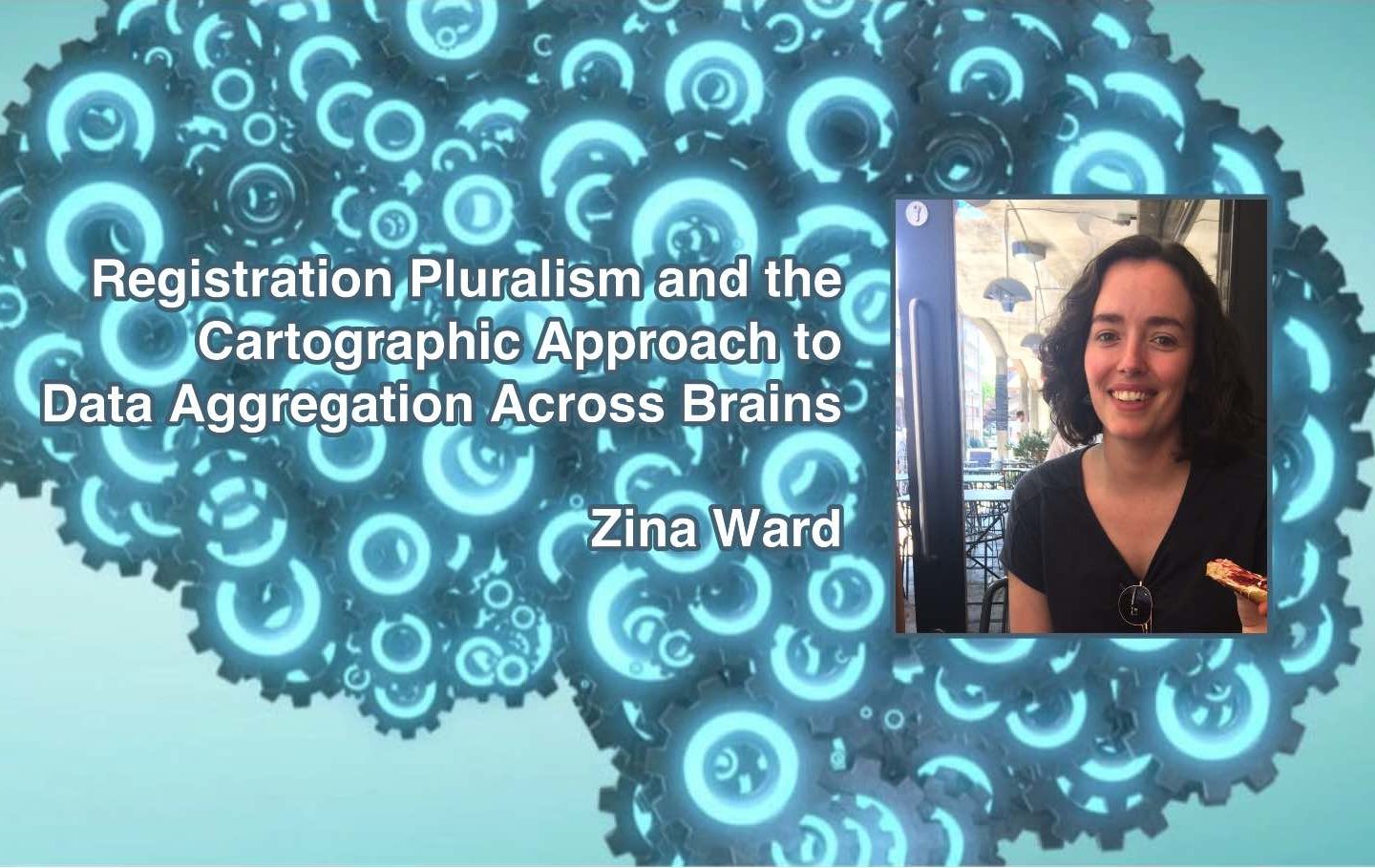We are excited about the next Neural Mechanisms webinar this Friday. As always, it is free. You can find information about how and when to join the webinar below or at the Neural Mechanisms website—where you can also join sign up for the mailing list that notifies people about upcoming webinars,
Registration Pluralism and the Cartographic Approach to Data Aggregation Across Brains
Zina Ward
University of Pittsburgh
20 March 2020at h 15-17 Greenwhich Mean Time*
*16-18* Greenwhich Mean Time
(Convert to your local time here)
Abstract. Neuroscience has become increasingly reliant on multi-subject research in addition to studies of unusual single patients. This research has brought with it a challenge: how are data from different human brains to be combined? The dominant strategy for aggregating data across brains is what I call ‘the cartographic approach’, which involves mapping data from individuals to a spatial template. Here I characterize the cartographic approach and argue that one of its key steps, registration, should be carried out in a way that is sensitive to the target of investigation. Because registration aims to align homologous brain locations, but not all homologous locations can be simultaneously aligned, a multiplicity of registration methods is required to meet the needs of researchers investigating different phenomena. I call this position ‘registration pluralism’. Registration pluralism has potential implications for neuroscientific practice, three of which I discuss here. This work shows the importance of reflecting more carefully on data aggregation methods, especially in light of the substantial individual differences that exist between brains.
Join the online session (up to 10 minutes before it begins) | Read the paper (forthcoming in BJPS)

